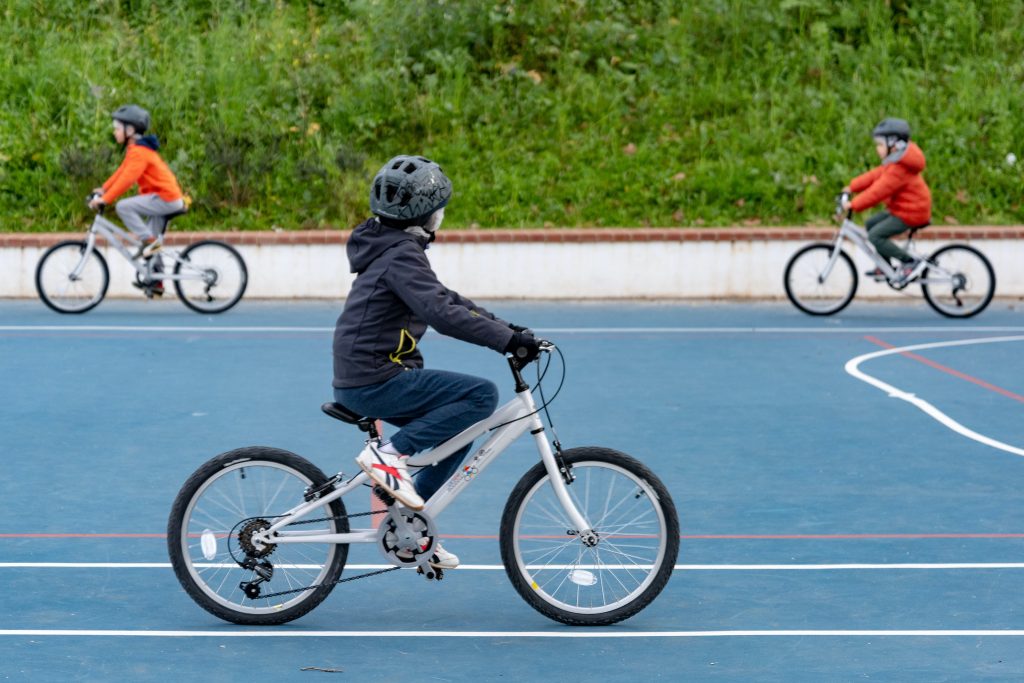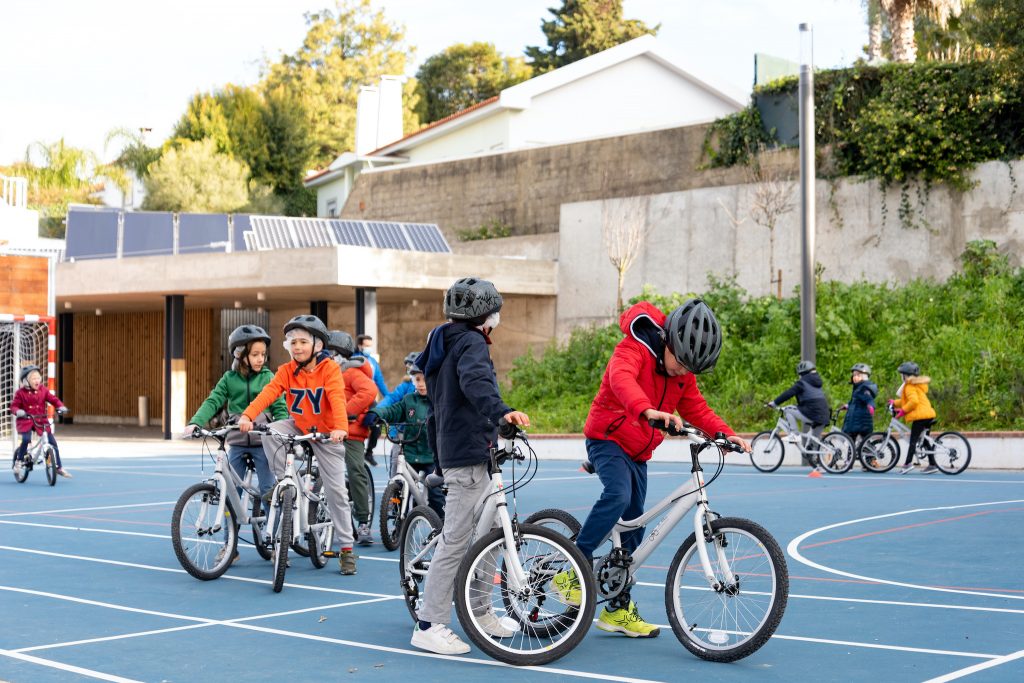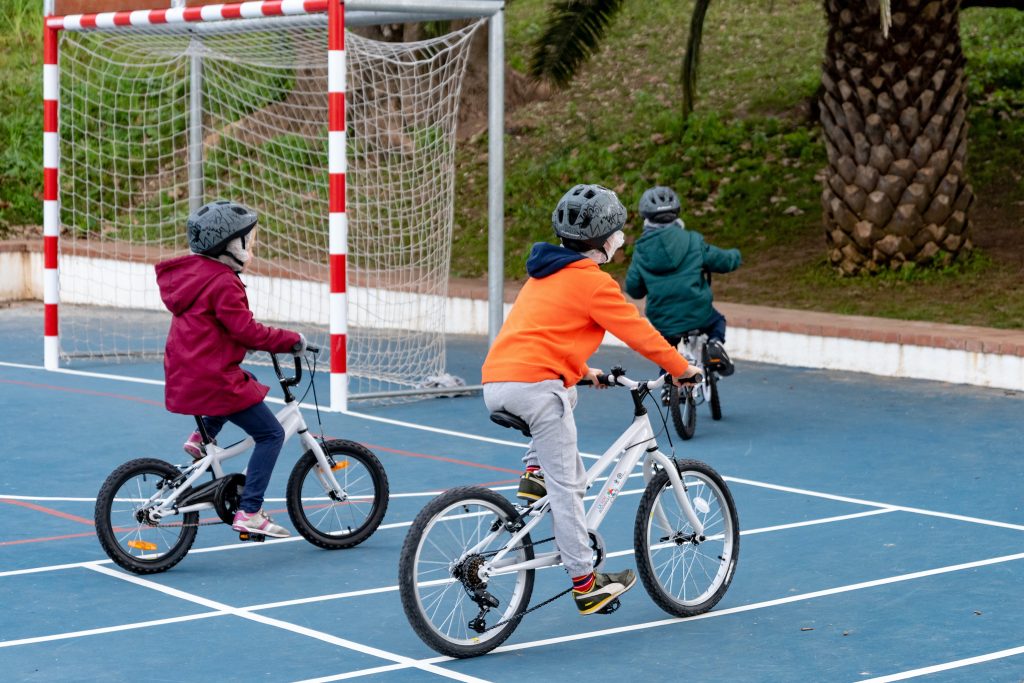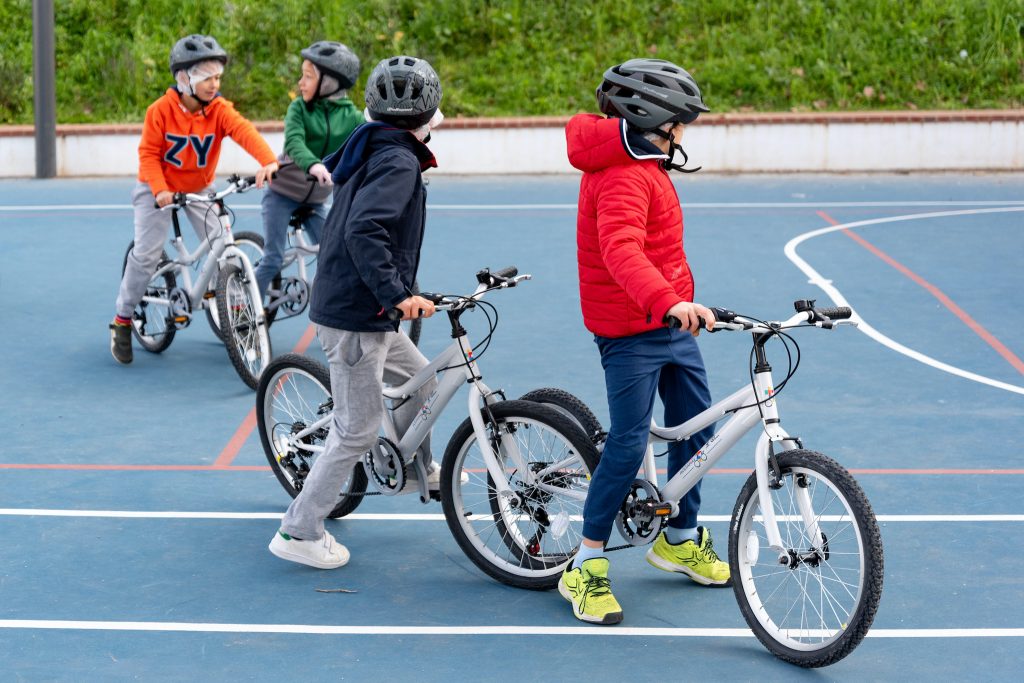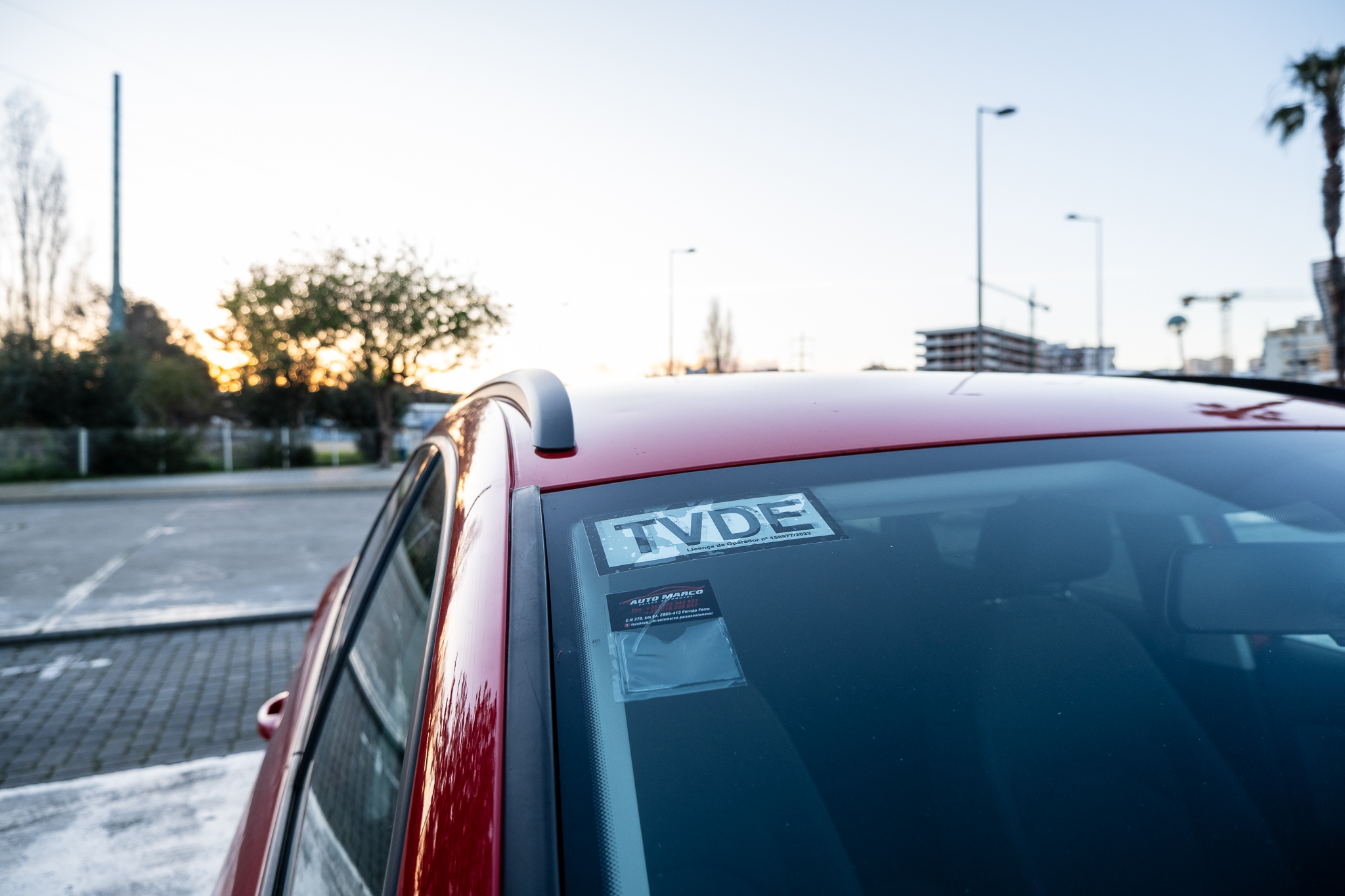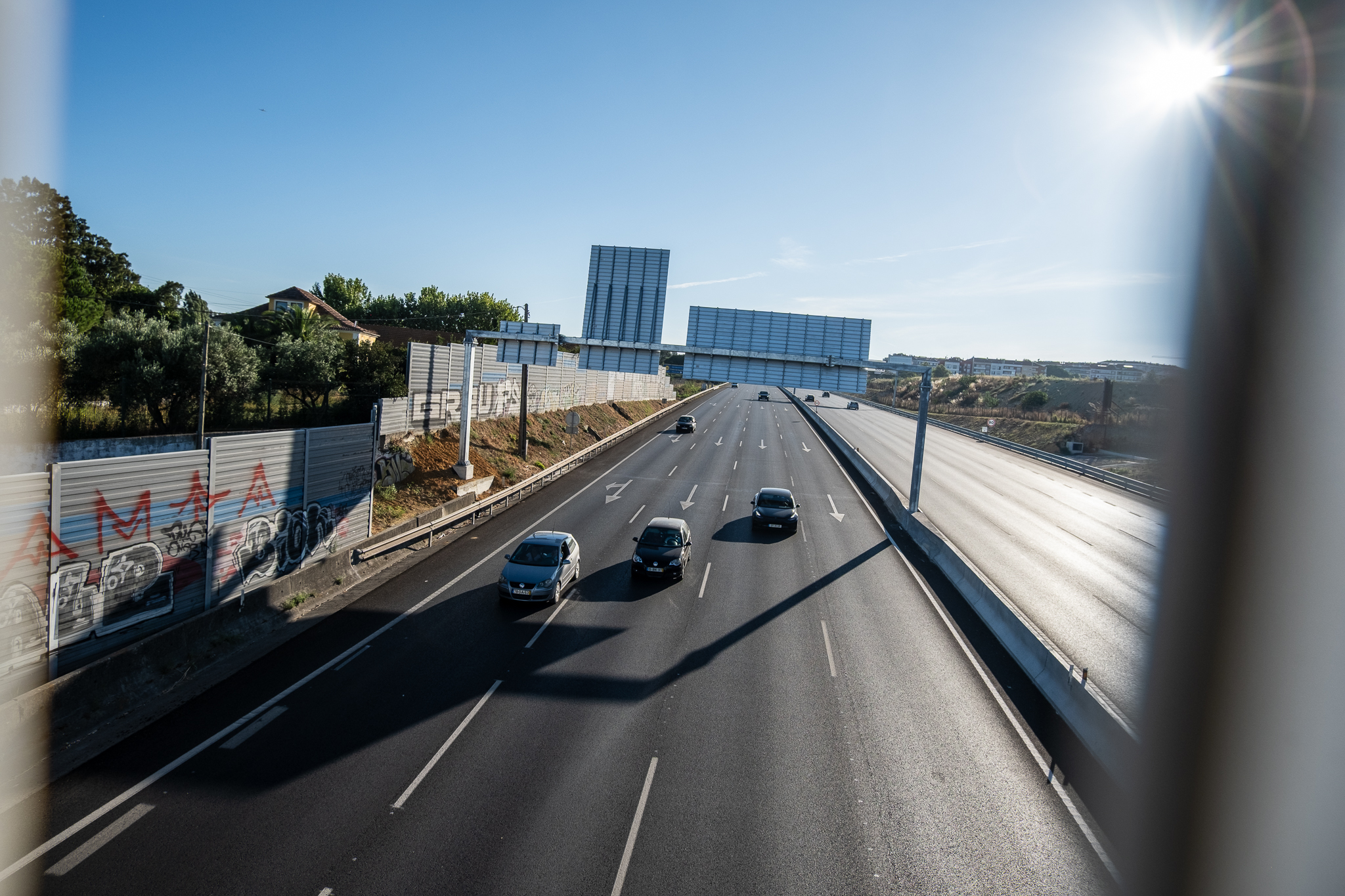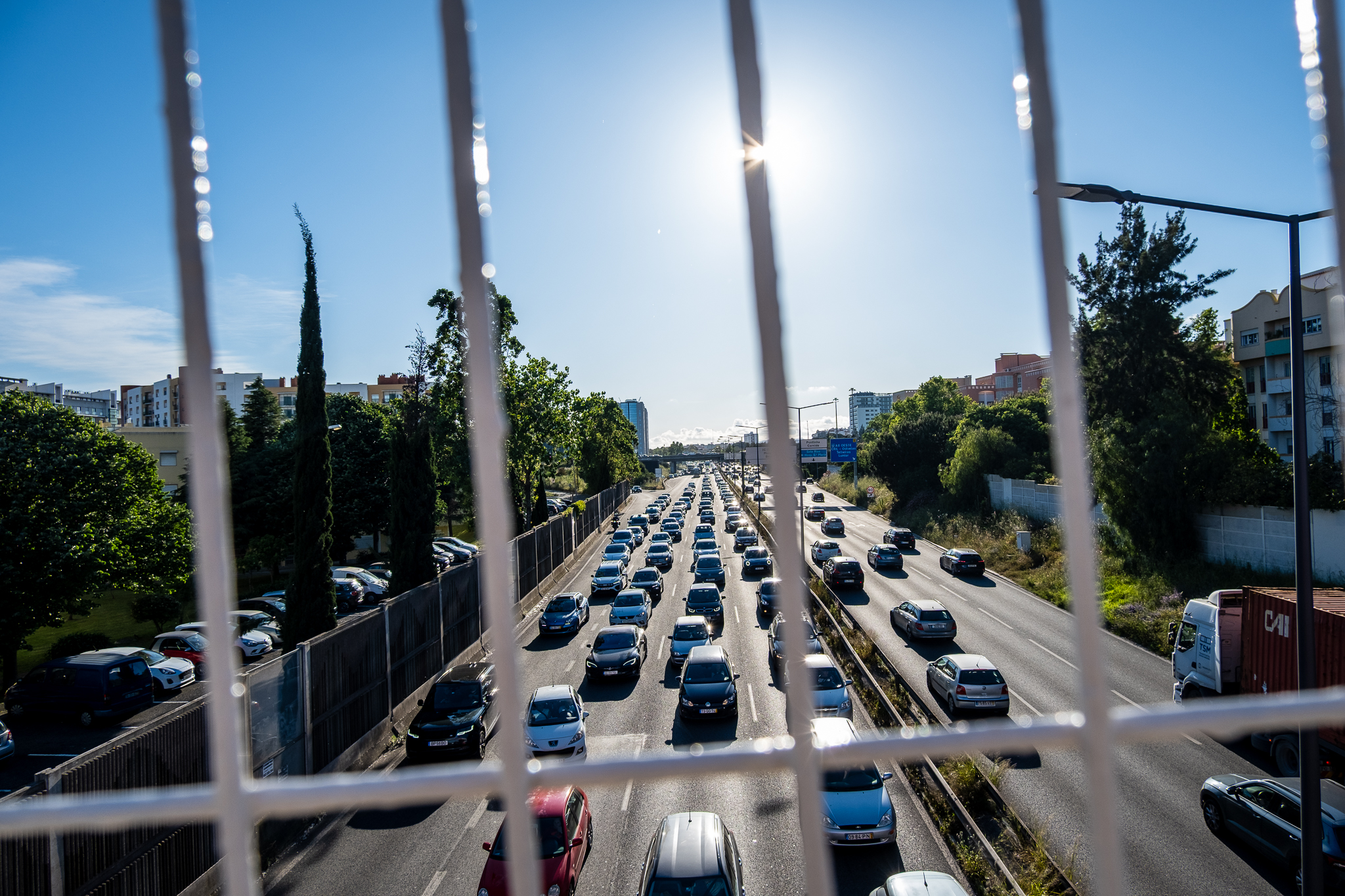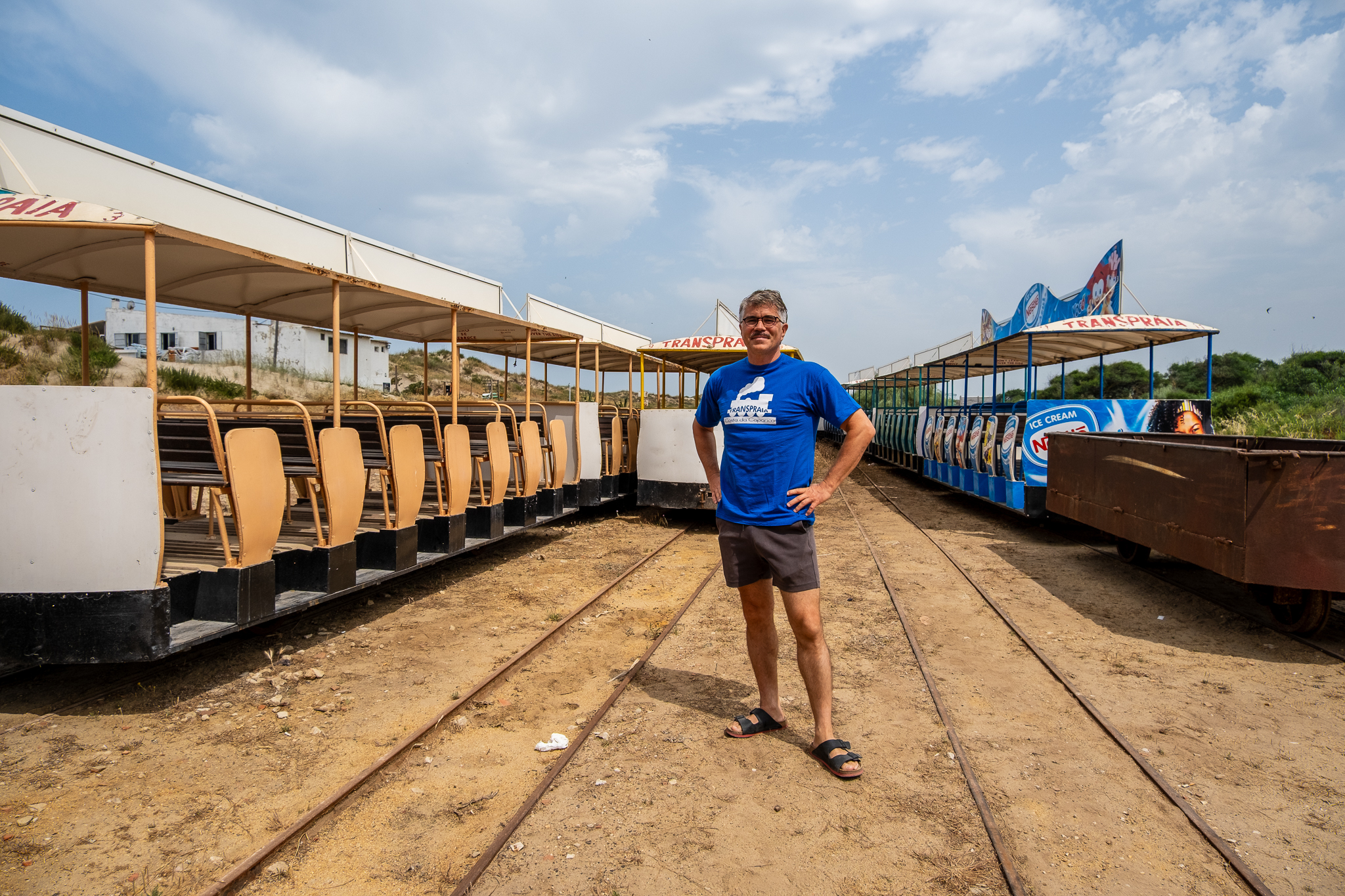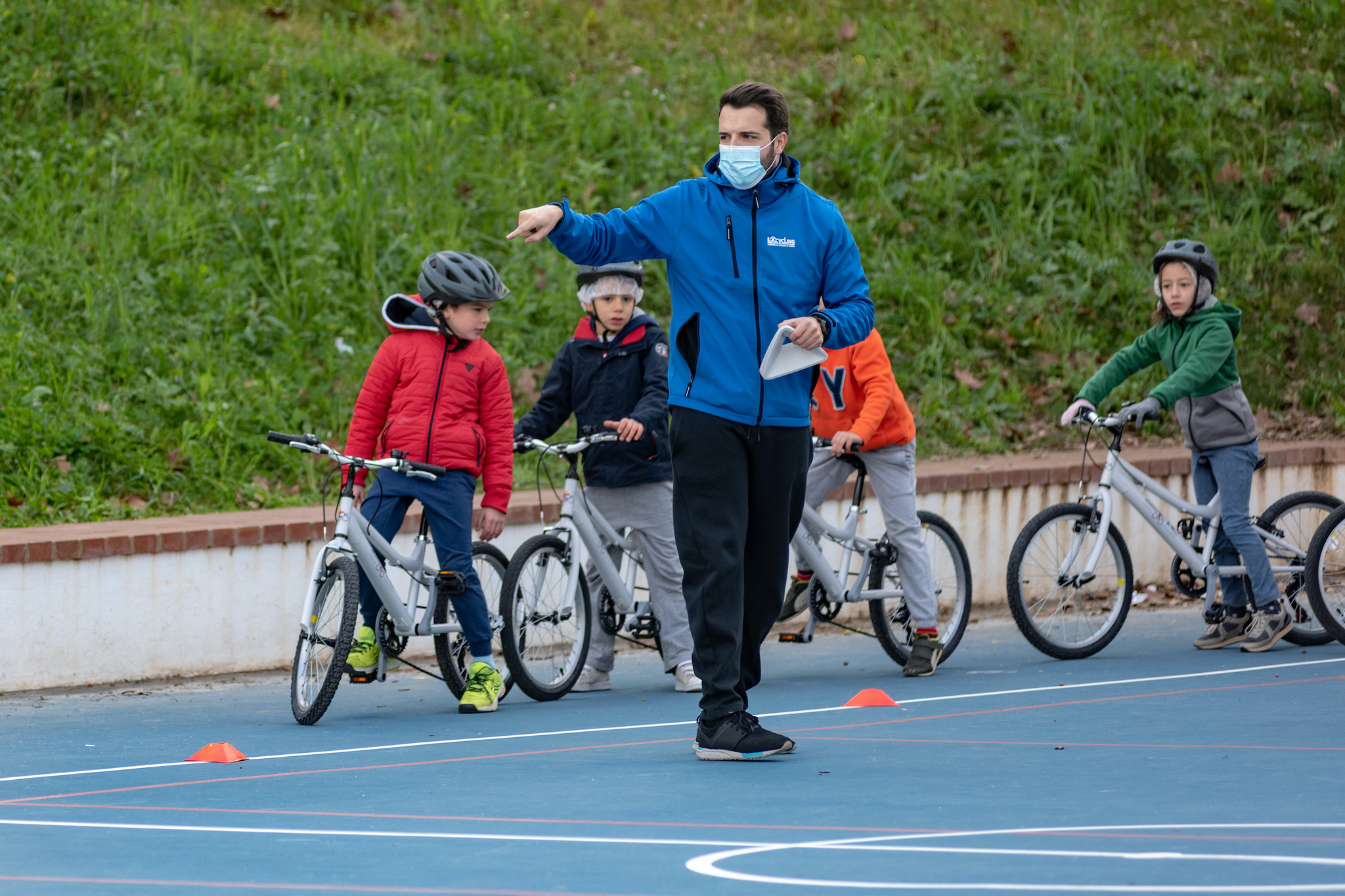
Reducing congestion and pollution, while also reducing all the harmful consequences for public health and well-being that this entails, is one of the challenges facing cities today. Part of the work can be done by young people. Teaching them to ride a bike and making them aware of the benefits of this means of transport. After all, they will be the adults of tomorrow and today they can still influence their parents to change their behavior.
O Lisbon Without Wheels, an initiative of the Lisbon City Council, is returning to the city's schools to teach children how to ride a bicycle and do without wheels. In the current academic year 2020/2021, the 2nd year students of 18 primary schools will be covered, corresponding to a universe of 750 students and 33 classes.
By the end of the school year, it is hoped that all the students in the second year of school will have been involved in this project. They will have two 45-minute lessons a week for a total of six lessons over three weeks. Lisboa Sem Rodinhas is part of the municipality's Physical Education Support Program, which aims to bring activities such as swimming and rhythmic exercises to the city's elementary school.
Lisboa Sem Rodinhas takes place in compliance with all the health and safety rules that current times demand, and has the involvement of EMEL in providing around 550 bicycles and helmets to schools that join the initiative. The trainers come from three clubs recognized for their experience in teaching and learning to use bicycles: the Coelhinhos - Lisbon Cycling School, a LXC - Lisbon Cycling Academyand the Lxtriathlon - Lisbon Triathlon Club.
